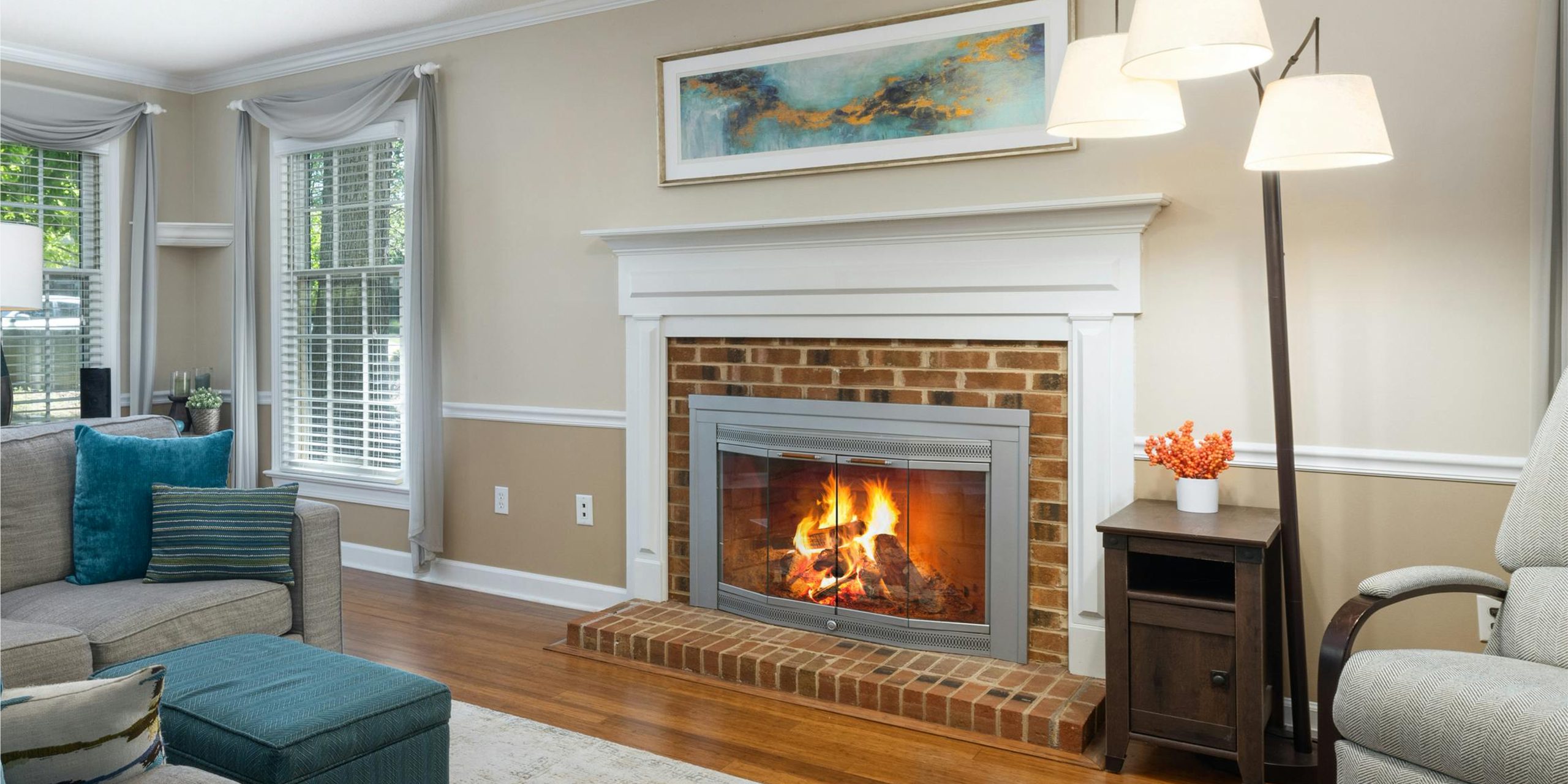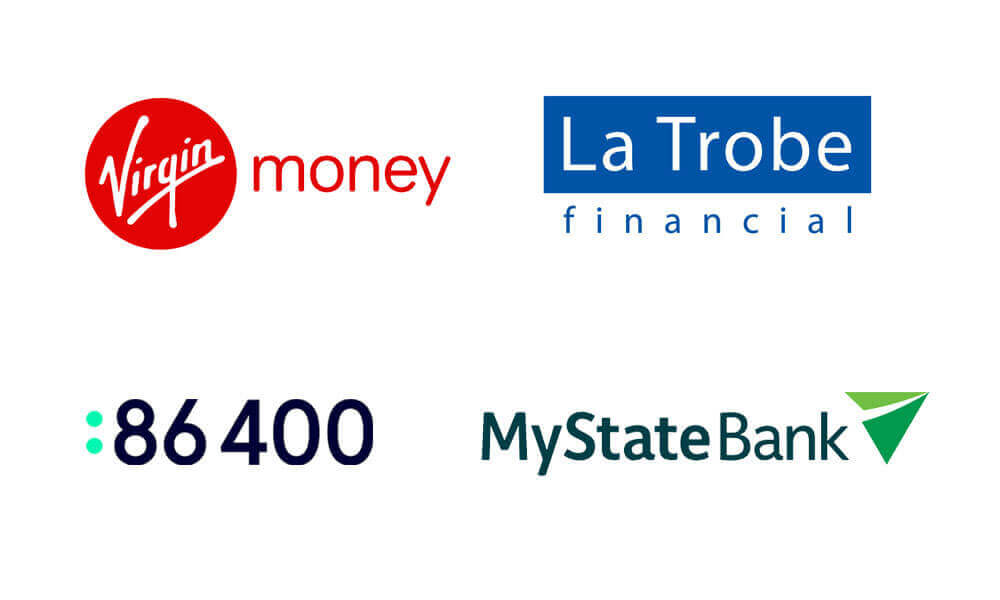
The exponential wealth maker – Compounding returns
Brought to you by The Blossom App. Financial products and instruments can be unnecessarily complicated. …

With the rising cost of living and increasing energy bills, winter can put extra pressure on household budgets. The good news? You can stay warm without burning a hole in your wallet.


Here are seven smart, cost-effective ways to manage your energy use and keep your home cosy this winter.
When it comes to heating, not all options are equal. According to Choice, reverse-cycle air conditioners are the most economical way to heat your home.
While portable electric heaters are affordable upfront, they’re expensive to run and can quickly inflate your power bill. In fact, Choice estimates that using a reverse-cycle air conditioner year-round could cost less than using an electric heater just during winter.
To save more, only heat the rooms you’re using. Shut doors to unused spaces, and aim for a comfortable indoor temperature of 18 – 20°C. Every extra degree can increase your energy use by up to 10%. If your heater has a timer or programmable settings, use them to warm your home only when needed — and remember to turn off the heating when you’re out or asleep.
Eliminating draughts can significantly improve your home’s heating efficiency.
Up to 40% of warmth can escape through windows, so make sure they’re properly closed and covered with blinds or curtains. Consider double glazing if your budget allows.
Close doors tightly and use door snakes or draught stoppers to seal gaps. On hard floors, thick rugs can also add an insulating layer to help retain heat.
Sometimes, it’s more economical to warm yourself rather than your entire home.
Layer up with cosy clothing, invest in wool garments, and switch to flannel bedding for extra warmth at night. Hot water bottles and heated throws are also affordable ways to stay toasty — just follow all safety guidelines.
And keep your showers short! Heating water accounts for more than 20% of household energy use.
A well-maintained heating system works more efficiently and uses less energy.
Clean air filters regularly and make sure vents aren’t blocked. It only takes a few minutes but can result in noticeable savings.
Gas heaters should be professionally serviced for both performance and safety.
Insulation plays a key role in maintaining a warm indoor temperature. If your home is poorly insulated, consider upgrading — it can cut your heating and cooling costs by up to 50%.
Likewise, energy-efficient appliances may cost more upfront but will save you money in the long run. Don’t forget to switch off unused devices at the wall to stop them from drawing standby power.
Did you know your ceiling fan can help keep you warm?
By setting it to reverse (usually an anti-clockwise direction), it circulates the warm air trapped near the ceiling down into the room, improving overall comfort and reducing the need for extra heating.
Make the most of natural sunlight during the day — open blinds and curtains to allow warmth in.
If you’re ready to make a longer-term investment, installing solar panels could significantly cut your energy bills over time.
Stay Warm Without the High Cost
With a few practical changes, staying warm this winter doesn’t have to mean sky-high energy bills. And if you’re thinking of renovating for better energy efficiency — or moving into a more sustainable home — we’re here to help you explore your finance options. Reach out to us today.

Brought to you by The Blossom App. Financial products and instruments can be unnecessarily complicated. …

We will be running a series of free and fun finance sessions at Pacific Pines…
Yes, that’s right. You pay zero, zip, nada.
1st Street’s premium service comes at no cost to you! 1st Street is paid by the lender when your loan settles, however, this will not affect your interest rate or loan fees! It is often more cost-effective for a mortgage broker to process a loan rather than the lenders processing it themselves in-house. In fact, we often find that we can save you money by negotiating on your behalf.
Use our online calculators to work out how much you can borrow, loan repayments, stamp duty and lots more.






